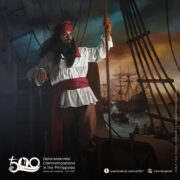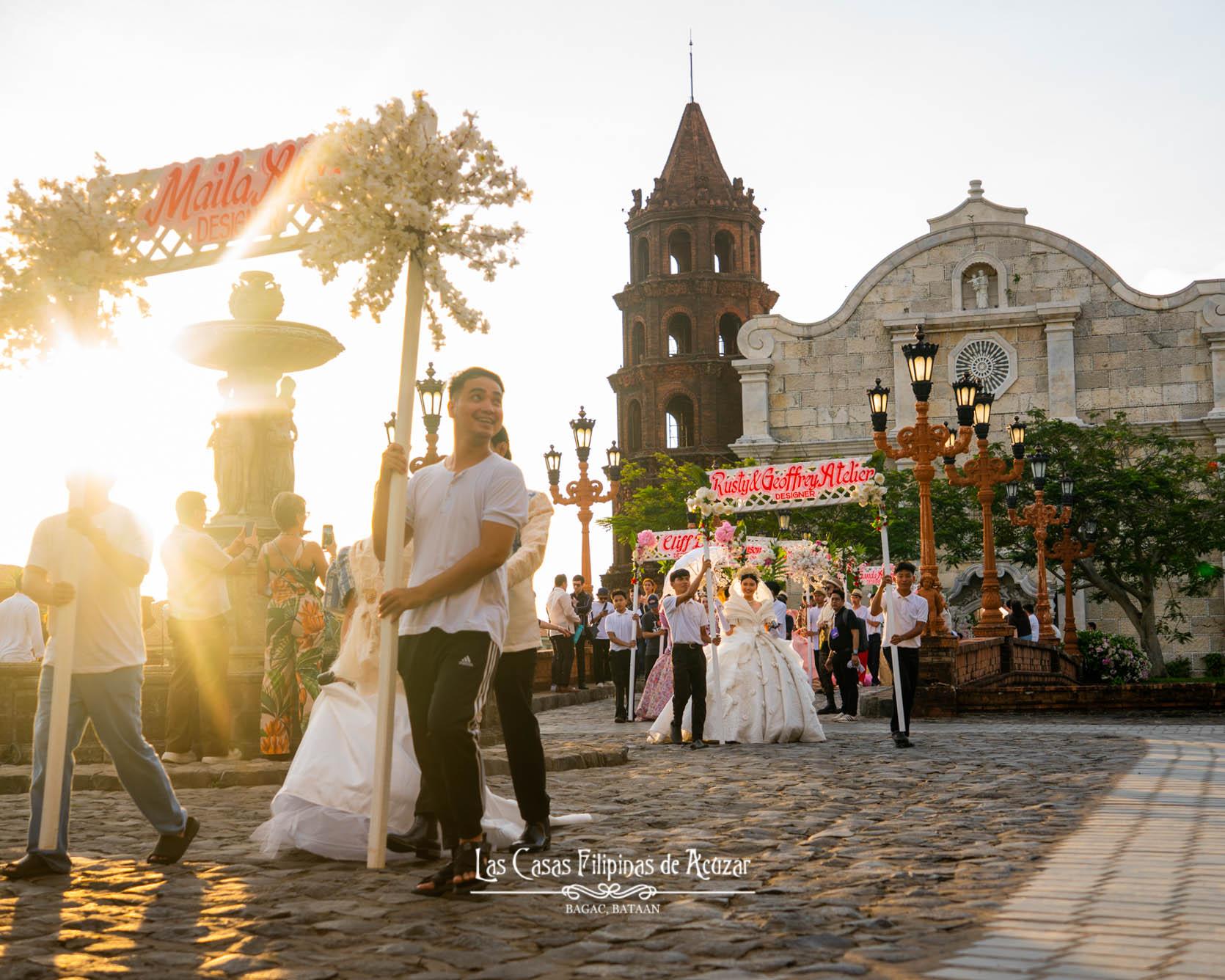On March 28, 500 years ago, Enrique de Malacca, the Malay servant of Ferdinand Magellan, mattered in world history while at Limasawa Island, in today’s Southern Leyte. For the first, Antonio Pigafetta, the chronicler of the Magellan-Elcano expedition, made a reference to him in the story of the first circumnavigation of the world. Because he was able to talk to the people of Limasawa who approached the expedition anchored off the island. Gines de Mafra, a survivor of the expedition from the flagship Trinidad, mentioned that Malay, the mother tongue of Enrique, was widespread in the Visayas–proof that the said language was indeed the lingua franca in Southeast Asia. Colambu, the rajah of Limasawa, was also well versed in Malay. According to Pigafetta, it was no surprise that the rajah knew Malay because the rulers in the area were polyglots.

From then on, Enrique became an indispensable member of the expedition in the midst of the uncertainty of where in the world were they. That contact between our ancestors and Enrique was also a turning point in the history of the first circumnavigation: that Magellan was, after all, correct–one could reach the other side of the world via the Pacific.
Based on the last will and testament of Magellan, Enrique was a native of Melaka, in today’s Malaysia. Pigafetta, on the other hand, said Enrique was from Sumatra; while Mafra, from the Maluku. The claim that Enrique was from the Visayas is actually a product of the impression that because he was able to converse with our ancestors, therefore, he knew the Visayan language–but records already state it was Malay.
To know more about Enrique de Malacca’s origin based on historical records, we are inviting you to watch the lecture of De La Salle University History Professor Fernando Santiago, Jr., Ph.D. in the 7th International Conference of the International Council for Cultural and Historical Cooperation – Southeast Asia (Day 2: 30 October 2020, AM Session) via the Quincentennial Online Lecture Portal here [https://bit.ly/3wanSp2].
—
Visit www.nqc.gov.ph for more details. Follow www.facebook.com/nqc2021 for updates.
In 2021, we will commemorate the Philippine part in the achievement of science and humankind in circumnavigating the planet for the first time. Central in this commemoration is the 500th anniversary of the Victory at Mactan on 27 April 2021. These and more are collectively known as the 2021 Quincentennial Commemorations in the Philippines by virtue of Executive Order No. 103 (2020). Know more about the event here:
About us [https://nqc.gov.ph/en/about]
Watch our promotional video [https://youtu.be/ptgU1ZUgFZc]
Listen to Quincentennial Soundtrack [https://spoti.fi/3nxWXPa]
Watch our lectures [https://portal.nqc.gov.ph/]
Quincentennial activities here [https://bit.ly/3dHrnKF]






